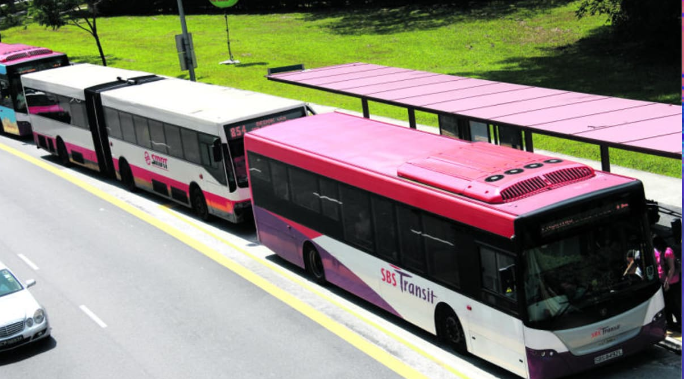SINGAPORE: Despite increased profits for both SBS Transit and SMRT this year, bus and train fares are set to rise by 11 cents on December 23, raising
SINGAPORE: Despite increased profits for both SBS Transit and SMRT this year, bus and train fares are set to rise by 11 cents on December 23, raising questions among commuters. The fare hike, approved by the Public Transport Council (PTC), aims to address rising operational costs. Yet, with SBS reporting S$68 million in profit for 2022 and SMRT posting S$42.5 million in post-tax profits for the 2023 financial year, some Singaporeans wonder if these increases are justified.
The PTC, which regulates fares, sanctioned this 7% hike to balance affordability with the financial needs of transport operators. Initially, SBS and SMRT applied for a 22.6% increase, citing elevated energy costs, a competitive labor market, and uncertain ridership recovery. Although eligible under the fare adjustment formula, the PTC opted for a more modest hike to keep public transport accessible.
Higher Fares Yet More Hikes Ahead
While the current increase will provide additional revenue, the PTC has not ruled out further fare adjustments, deferring the full 22.6% hike request. PTC chair Janet Ang explained that the fare increase would support fair wages and training for approximately 22,000 public transport workers.
Although fares have remained unchanged in recent years, additional costs for network expansions—such as the Thomson-East Coast Line and extensions to other MRT lines—also contribute to fare hikes. Government subsidies, totaling over S$2 billion annually, further assist the operators, and an additional S$300 million will be provided this year.
Concessions for Low-Wage Workers, Seniors, and Others
The upcoming fare adjustment includes support for specific groups. Starting December 23, low-wage workers can purchase a new monthly hybrid bus and train pass for S$96, S$32 less than the standard adult pass. Concession passes for seniors, national servicemen, and students will also see discounts up to 10%, benefiting about 60,000 current and new pass holders. Passes for persons with disabilities will drop from S$64 to S$58, aligning with senior citizen rates.
SBS & SMRT Contributions to the Public Transport Fund
To offset fare impacts on lower-income households, SBS Transit and SMRT will contribute S$15.85 million of their increased revenue to the Public Transport Fund. This fund will provide public transport vouchers to low-income households, further easing the transition.
As the fare changes draw closer, Singaporeans debate whether increased costs are warranted, given rising operator profits and government subsidies. The PTC assures commuters that it will continue to balance affordability with the operational needs of a growing transport system.



COMMENTS